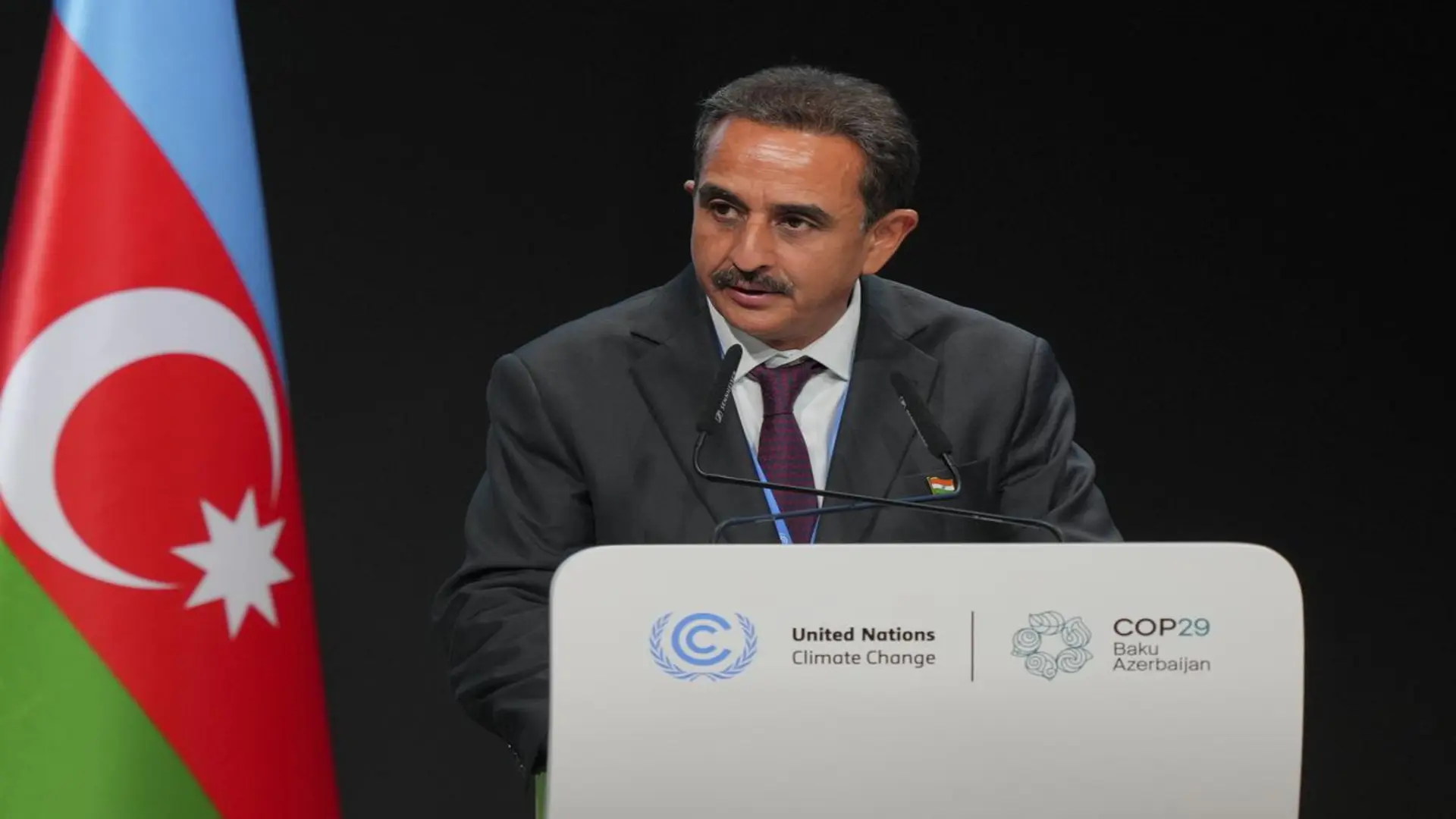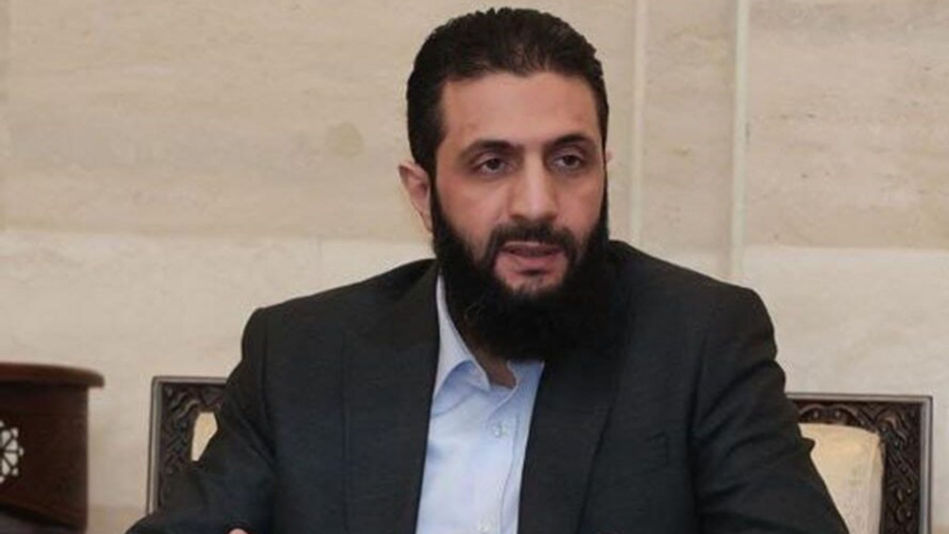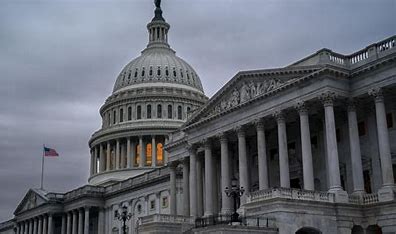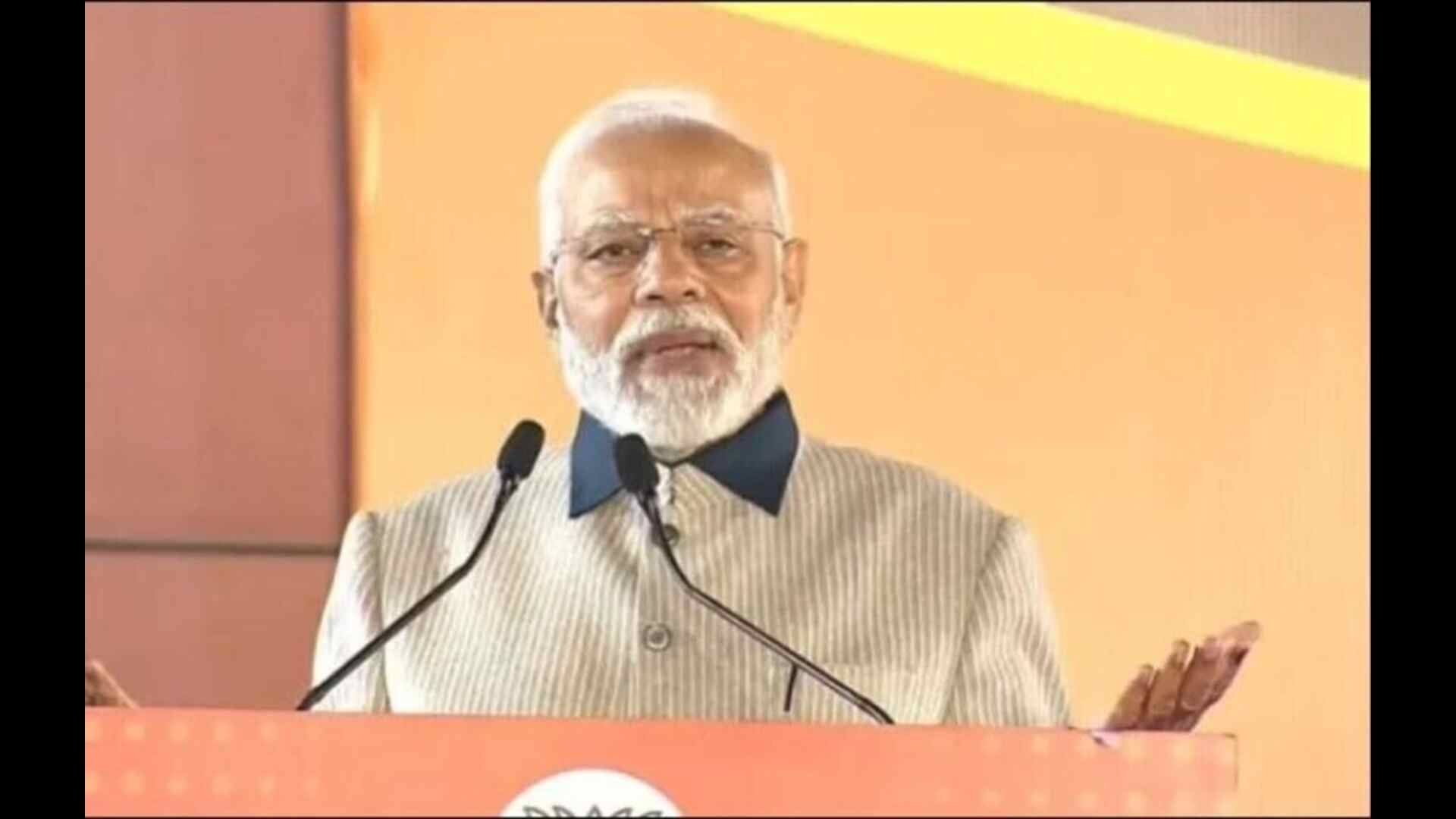India on Tuesday underscored the urgent need for developed countries to lead in mitigating climate change and ensuring adequate carbon space for developing nations, while highlighting the disproportionate financial burden borne by the Global South.
Delivering the national statement at the COP29 summit in Baku, Minister of State for Environment Kirti Vardhan Singh called for ambitious and clear climate finance decisions. He stressed that the evolving needs of developing countries must be addressed to achieve sustainable development and poverty eradication.
Singh highlighted the historically high carbon emissions of developed nations, noting that their actions have left minimal room for the Global South within the carbon budget. “Our growth trajectories for fulfilling the primary needs of sustainable development and poverty eradication cannot be compromised,” he said.
Despite their limited contribution to global emissions, Singh emphasized, developing countries face significant financial burdens due to mitigation efforts and climate change impacts. “This severely limits our capacity to meet our developmental needs,” he added.
Singh called for climate justice to be central to decision-making at COP29. “The decisions on NCQG must be ambitious and unambiguous, taking into consideration the evolving needs and priorities of the developing countries,” he asserted.
He also pointed to the urgency of the next round of Nationally Determined Contributions (NDCs), due next year. He warned that without immediate action from developed nations, a breach of carbon space could become imminent by the end of this decade. “It is imperative that the developed countries show leadership in mitigation actions, as required under the Paris Agreement, by not just advancing their net-zero targets but providing enough carbon space for developing countries like ours to develop,” Singh said.
Highlighting India’s climate efforts, Singh noted that India has exceeded its 2015 NDC commitments on emission intensity reduction and renewable energy. “India’s renewable energy capacity has nearly tripled from its 2014 levels, and we are on course to achieve the 500 GW target by 2030,” he said.
Singh reiterated the call for ambitious climate finance goals to support developing nations. “The decisions must be ambitious and unambiguous, taking into consideration the evolving needs and priorities of the developing countries, and their commitment to sustainable development and eradication of poverty,” he added.
He concluded by emphasizing the significance of COP29’s outcomes in shaping global climate action. “What we decide here will determine the course of history,” Singh said, urging all countries to work with determination to ensure meaningful and impactful results.
Also read: NF Railways and IIT Guwahati to Develop AI Systems for Train Safety and Sustainability
India’s leadership in global climate initiatives, such as the International Solar Alliance, Coalition for Disaster Resilient Infrastructure, and the Global Biofuel Alliance, was also highlighted. Singh reaffirmed India’s commitment to cooperating fully for a successful COP29 and ensuring that the outcomes reflect the urgent needs of developing nations in the fight against climate change.











